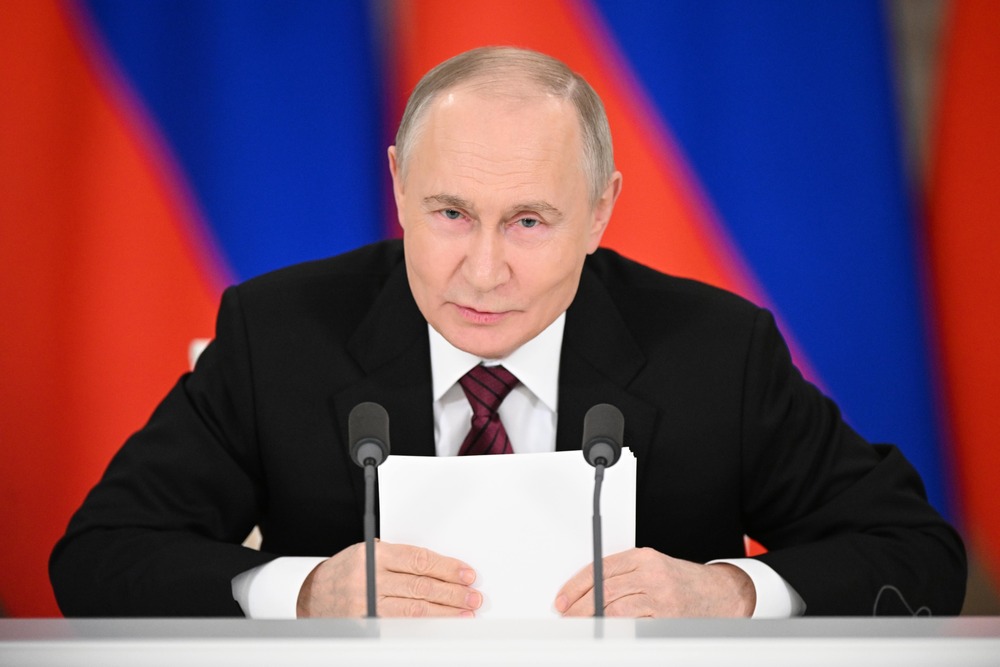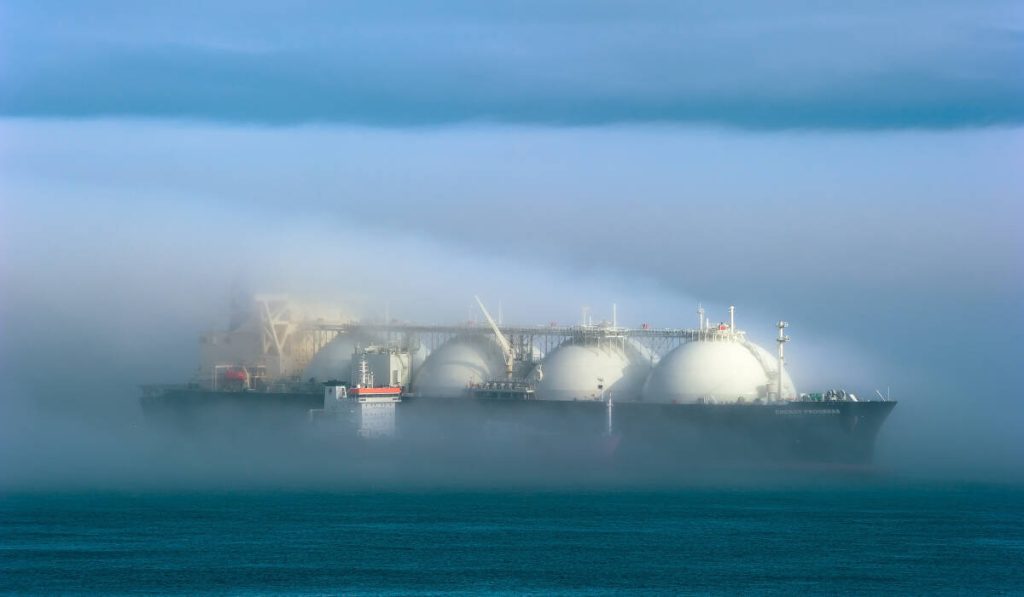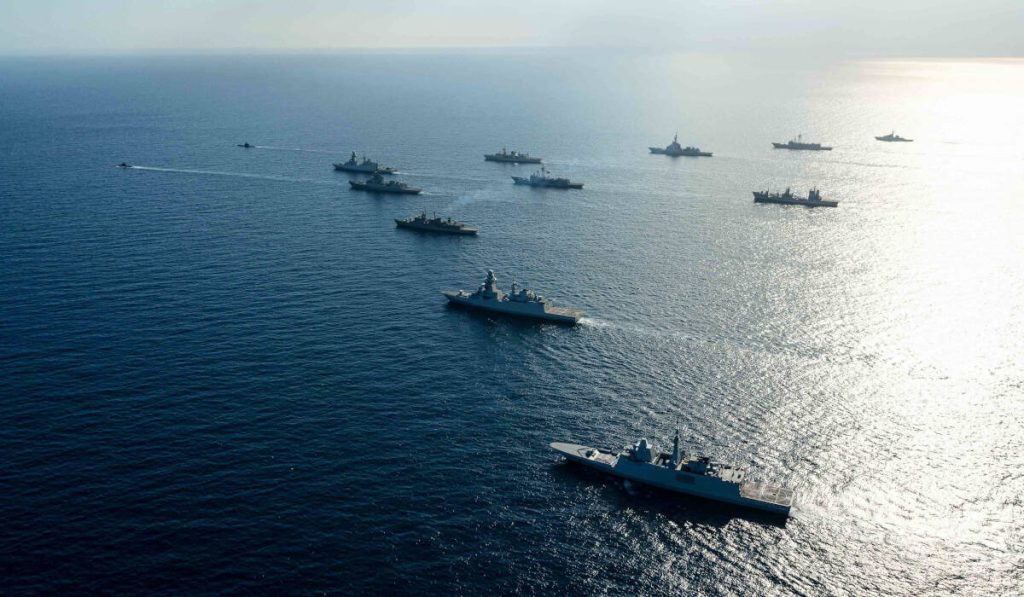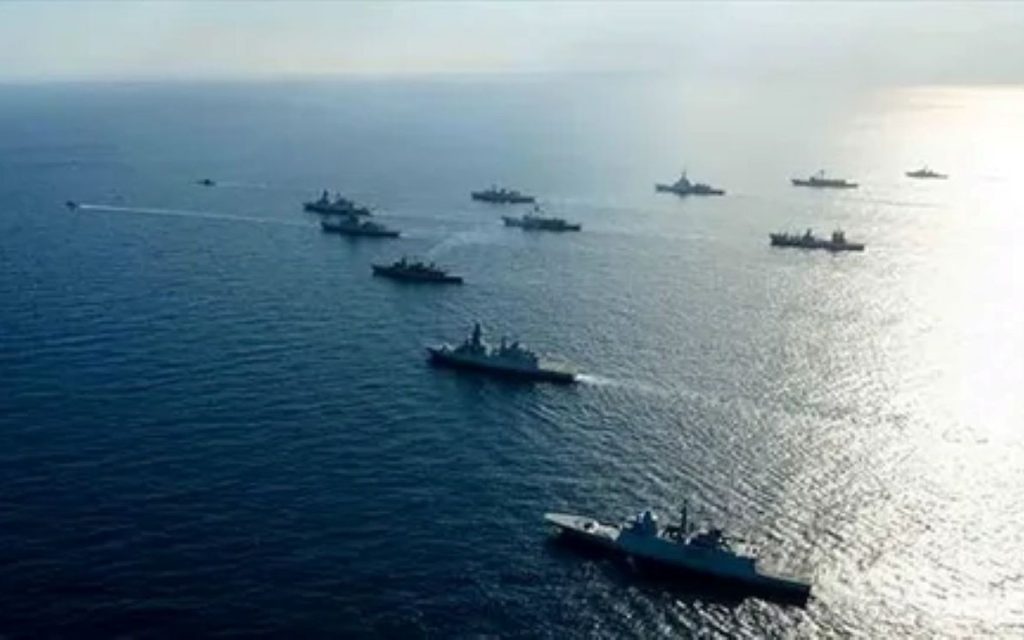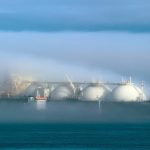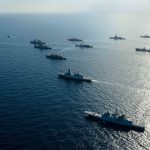On the night between May 10 and 11, Russian President Vladimir Putin held an extensive press conference with international journalists, addressing key issues of foreign policy, the conflict in Ukraine, and recent diplomatic developments.
Putin began by recalling the celebrations for the 80th anniversary of the victory over Nazism and Fascism, describing them as an important moment of international unity. He emphasized the presence in Moscow of several foreign leaders, including those from Western countries such as Serbia and Slovakia, calling it an encouraging sign towards the restoration of relations with Europe. “A courageous gesture,” he said, “despite threats, blackmail, and obstacles.”
A specific passage was dedicated to the participation of North Korean soldiers in operations in the Kursk region, which Putin described as “professional, brave, and heroic.”
He also defined his talks with Chinese President Xi Jinping as “extremely fruitful” and confirmed that he will pay an official visit to China in September. The strengthening of the China-Russia relationship was portrayed as crucial for international stability and for resisting external pressures on the multipolar order.
A large part of the press conference focused on the war in Ukraine. Putin reiterated that Russia had repeatedly proposed a ceasefire, both for Orthodox Easter and for Victory Day, but in both cases the initiatives were ignored by Kiev, which responded with heavy military strikes.
During the three-day truce around May 9, Ukrainian forces attempted five incursions across the Russian border, particularly in the Kursk and Belgorod regions. According to Putin, all attacks were repelled, with Ukraine suffering severe losses.
Putin stated that Russia remains open to dialogue and proposed resuming direct negotiations in Istanbul starting May 15. He also mentioned his intention to speak soon with Turkish President Recep Tayyip Erdoğan to discuss mediation efforts. The Kremlin’s declared goal is to conduct serious talks aimed at addressing the root causes of the conflict.
He emphasized that the Russian proposal is on the table, but the final decision lies with Kiev and its “international sponsors.” He concluded: “Those who truly want peace can only support this initiative.”

